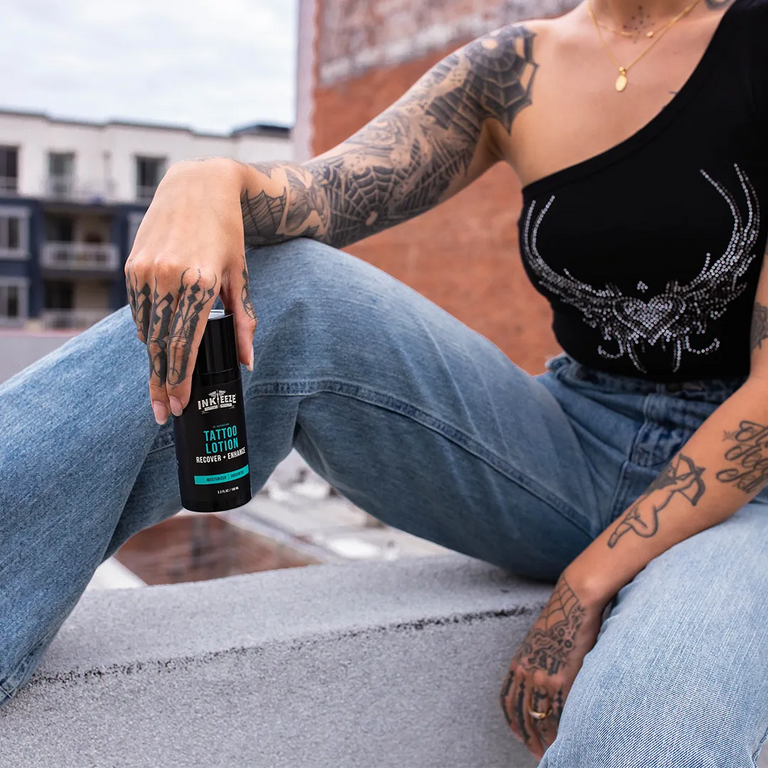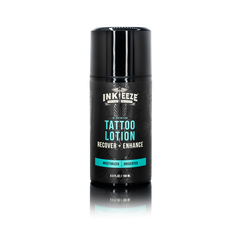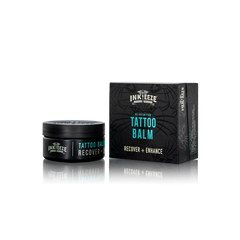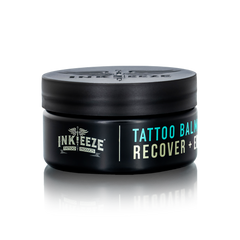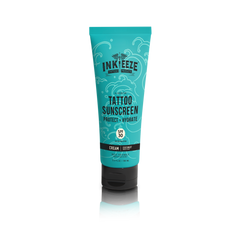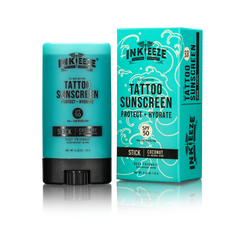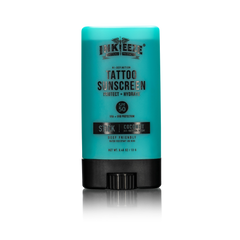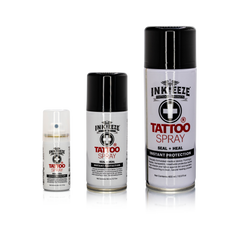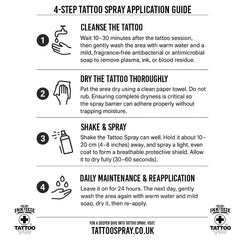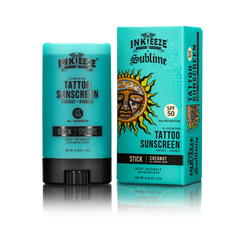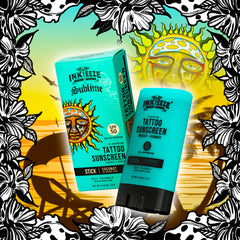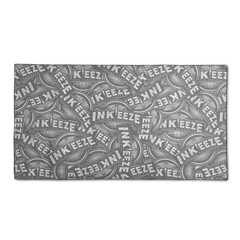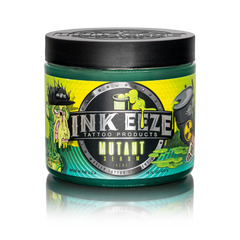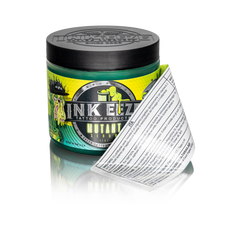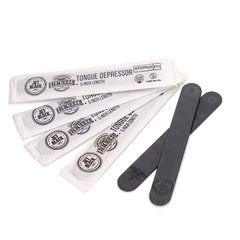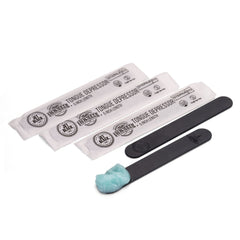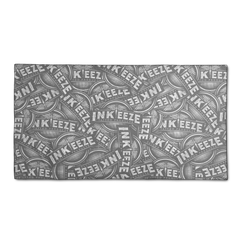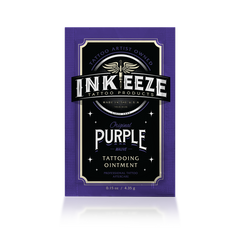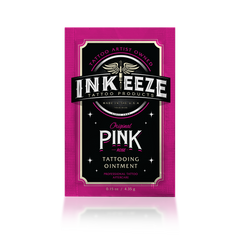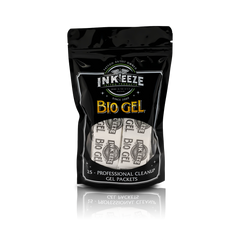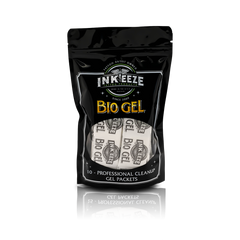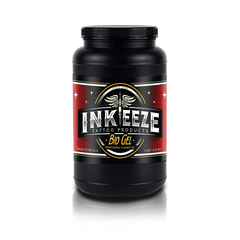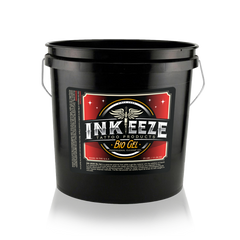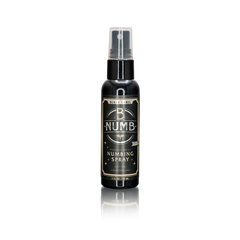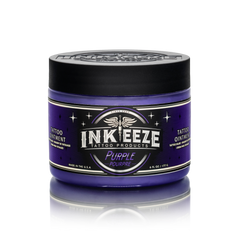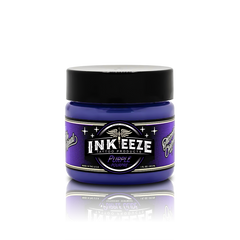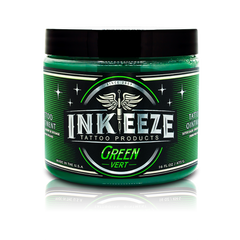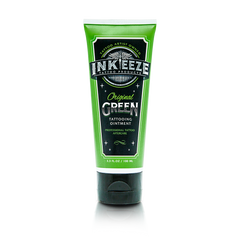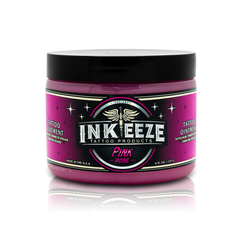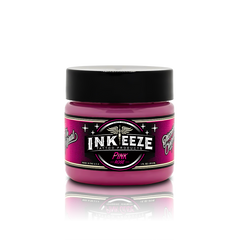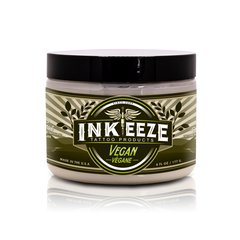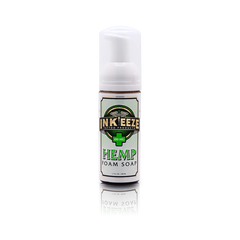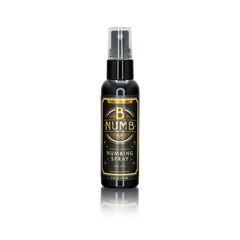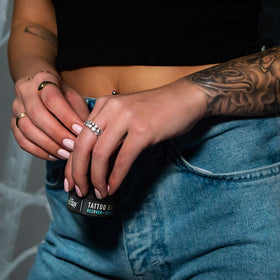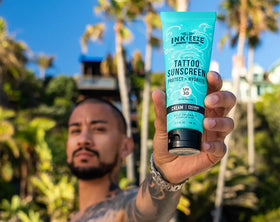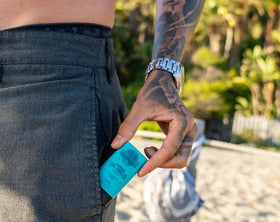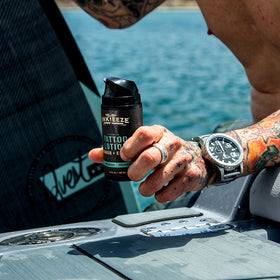How to Keep A Tattoo Vibrant
Tattoos have been around for thousands of years, and in the past few decades, they have become more popular than ever. In 2013, an estimated 20% of people aged 18 to 50 were tattooed. But as more and more people get inked, many wonder about the steps necessary to keep a tattoo vibrant to make sure it lasts a long time and stays looking fresh. Tattoos do require some maintenance so they can look good for the rest of your life; in this article, we'll go over some tips for how to keep a tattoo vibrant.
- Drink Plenty of Water
Drinking plenty of water provides numerous benefits to your overall health. Surprisingly, it also helps during and after a person gets their tattoo. When a person is dehydrated, the skin thins, so it's highly recommended to drink a healthy amount of water the day before your appointment to make your body a better canvas for the tattoo.
Likewise, it will help to keep your energy levels up, so carry a bottle or two with you to consume during your session. Hydrated skin absorbs ink better than dry, thirsty skin.
In addition, staying hydrated promotes healing and enhances your level of comfort during the tattooing process. Water keeps your body moisturized and rejuvenated, and it also helps to retain the suppleness of your skin. People who drink a lot of water will have fewer scars, wrinkles, and soft lines, and they do not exhibit as many symptoms of aging as those who consume a lot of water. And hydrated skin begins on the inside.
- Take Care of Your Tattoo Immediately After Getting it
The first step after getting your tattoo is understanding tattoo aftercare. The moment you leave the tattoo shop after getting a new tattoo, that is when care for your new tattoo begins. Wear the bandage of your tattoo artist for at least 6 hours and read up on proper tattoo care in the first 24-48 hours.
- Keep it Clean & Moist
After getting a tattoo, your skin is fragile, and moisturizing can help it recover properly. Apply proper tattoo lotion twice a day to keep it moisturized, but do not cover it with another bandage. Also, you can gently wash your tattoo with fragrance-free soap or a trusted tattoo soap.
- Keep it Dry
A fresh tattoo is technically an open wound. That is why you should avoid open swimming in the ocean and pools until it heals. As with any wound, you don't want any possible germs in the water to infect it. Swimming while your tattoo is healing can lead to the tattoo improperly healing, fading, or scabbing off. It also poses the chance of a bacterial infection, which might affect your overall health.
- Never Expose Your New Tattoo to Saltwater
Chlorine and saltwater are especially harsh on new tattoos since both may drain ink from the tattoo, causing the color to fade. Some bacteria are a particularly deadly flesh-eating strain called Vibrio vulnificus, which damages the immune system and may be caught by exposing an open wound to seawater or eating raw shellfish. Swimming can also cause your skin to dry out and take longer to recover, resulting in increased irritation, peeling, and scabbing. It is suggested that before swimming in any type of water, you should wait for your tattoo to cure correctly, which can take at least 2 to 4 weeks.
- Stay Out of The Sun For The First Few Days & Protect Your Skin From The Sun
Avoid exposure to the sun entirely, or cover your tattoo with clothing until it has healed. Staying in the shade beneath an umbrella, tree, or another cover can help you avoid UV damage. When you're outside, the best way to protect your skin is to use a tattoo sunscreen or wear protective clothes, even if you are in the shade. If your tattoos are exposed to direct sunlight for long periods, UV radiation from the sun can fade them. New tattoos are open sores that should be kept out of direct sunlight until they heal. Sunburned new tattoos may take longer to heal and may cause itching and blistering.
- Do Not Pick or Scratch at Your Tattoo.
One of the most important things to avoid when a tattoo is recovering is scratching. When you receive a new tattoo, the skin is injured by needles and ink, which can cause itching. You should never scratch at your tattoo — especially if it is fresh ink that is still healing. This can cause significant harm to both the tattoo and the surrounding skin. Itching is very common while a tattoo is new, although it can occur at any point in the healing process. Repetitive scratching can introduce potentially harmful germs into the tattoo, causing inflammation, pain, and infection. Remember to be mindful of the tattoo's healing process. Allow your tattoo wounds to heal themselves.
- Avoid Swimming in Chlorine or Sweating
Pooling water with chlorine may effectively remove the ink from your tattoo. This chemical can dry up and irritate recently tattooed skin, causing further harm to an already damaged region. Your ink will not only fade, but it will not last as long as it would, so it is best if you avoid chlorine contact. However, after a swim, faded ink may be the least of your concerns. Exposing your new tattoo to chlorinated water can potentially result in a slew of diseases, some of which are fatal.
- Do Not Use Anything With High Concentrations of Alcohol on Your Tattoo For at Least a Week
Alcohol-based treatments irritate open wounds and dry out your tattoo, putting it at risk of injury, incorrect healing, and premature fading. Alcohol products will dry it out because it needs to be wet in order to recover.
- Fix Mistakes Quickly!
Make it right. Some tattoos are repairable. Depending on the mistake, it is frequently feasible to amend some spellings or modify the design to suit it or not fully healed. That is why you should keep regular communication with your tattoo artist so that if an issue occurs with your tattoo, it can be improved as soon as possible.
Your tattoo is more than just a piece of art; it is an additional identity and a new part of your body. Just as you take care of your body, you need to also care for your tattoo. Tattoo aftercare treatment is essential to ensure that your tattoo will last a lifetime. In a nutshell, be good to your tattoo, give it love and attention, and it will last much longer!
